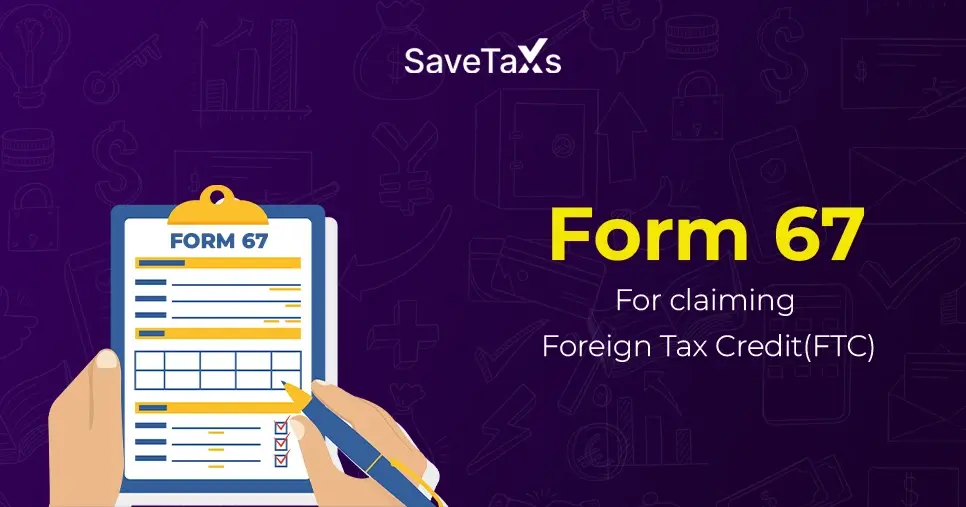
Want to read more?Explore Blogs
No matter what your source of income is, we've got you covered. There’s a plan for everybody!
Upon Returning to India, You Can Leave Your 401(K) Account Untouched, Transfer It to an IRA or Roth IRA, or Withdraw the Funds. Ensure That Each Option Has a Different Tax Implication in India and the United States.
Yes, You Can Withdraw Your 401(K), but It Will Be Taxed at the Time of Withdrawal. Additionally, if You Are a Resident of India, the Withdrawal Will Also Be Taxed in the United States Under the US-India Double Taxation Avoidance Agreement Treaty.
The 401(K) Withdrawals Are Taxed Similarly to the U.S. income. However, Please Note That Any Early Withdrawal Before the Age of 59 and a Half Will Attract a 10% Penalty. Additionally, if You Are Living in India, the Withdrawals Can Also Be Taxed in India, and the Relief Can Be Claimed Under the DTAA Treaty of India Nd the US.
Yes, NRIs Can Roll Over, but Some U.S. financial Institutions Do Not Allow Opening an IRA with an International Address. You Must Check the Policies Before Initiating a Rollover.
Ultimately, Your Long-term Financial Goals Depend on What Your Long-term Financial Goals Are. You Can Leave Your 401 (K) in the U.S. Roll It Over to a Traditional or Roth IRA, or Even Withdraw It. The Best Option Ultimately Depends on Your Final Goal. To Make a Tax-efficient Choice, We Recommend Consulting a Tax Professional.
Yes, NRIs in Kuwait can apply for a PAN card online through authorized portals such as NSDL, provided they have valid NRI documents.
NRIs living in Kuwait, but with property transactions, income, investments, or a bank account in India, are required to have a PAN card.
Typically, a passport, proof of overseas address, proof of date of birth, and recent photographs are required for a PAN card application from Kuwait.
The processing time of a PAN card is usually from 15 to 25 working days, and the rest depends on the document verification and the delivery method.
Yes, the entire PAN card application process for NRIs can be completed online, without even visiting India.
Yes, an NRI living in Kuwait can opt for an e-PAN card, which is issued electronically and is fully valid for all financial and transactional purposes.
In case of loss, damage, or theft of the original PAN card, the NRIs can apply for a duplicate PAN card via the authorized portals of the Government of India.
Yes, PAN card updation and correction, such as name, date of birth, or address, can be done online from Kuwait.
Yes, the NSDL is an authorized platform, and PANs and applications submitted through NSDL are valid for NRIs living in Kuwait.
Yes, NRIs in Kuwait must have a PAN card to file income tax returns and carry out financial transactions in India.